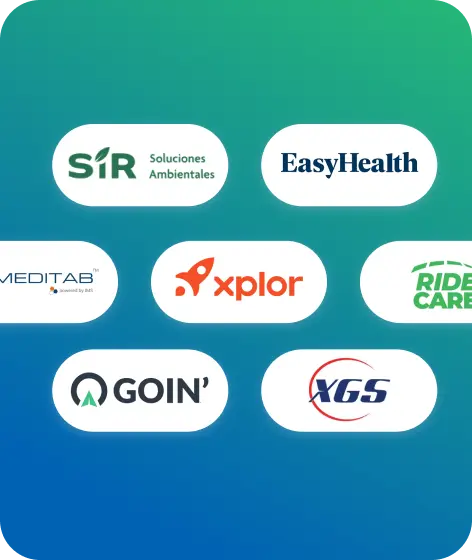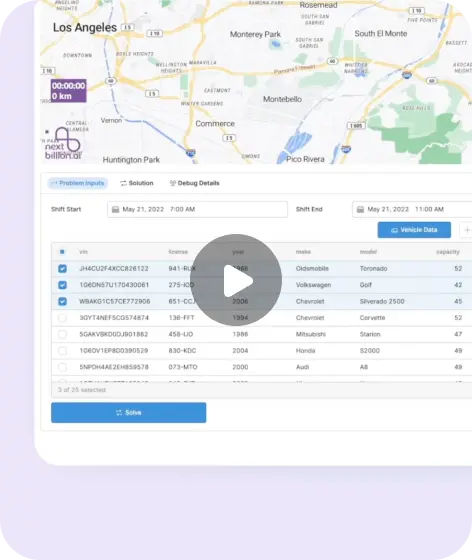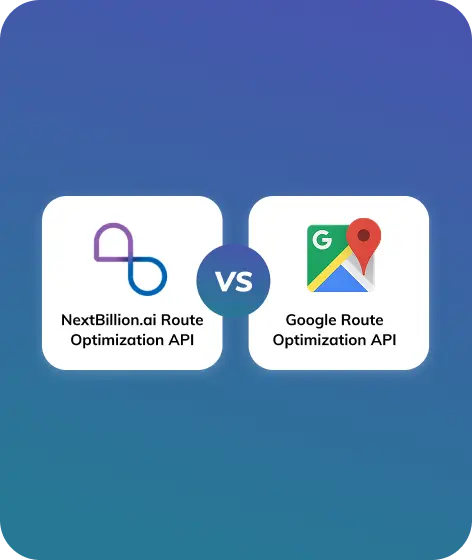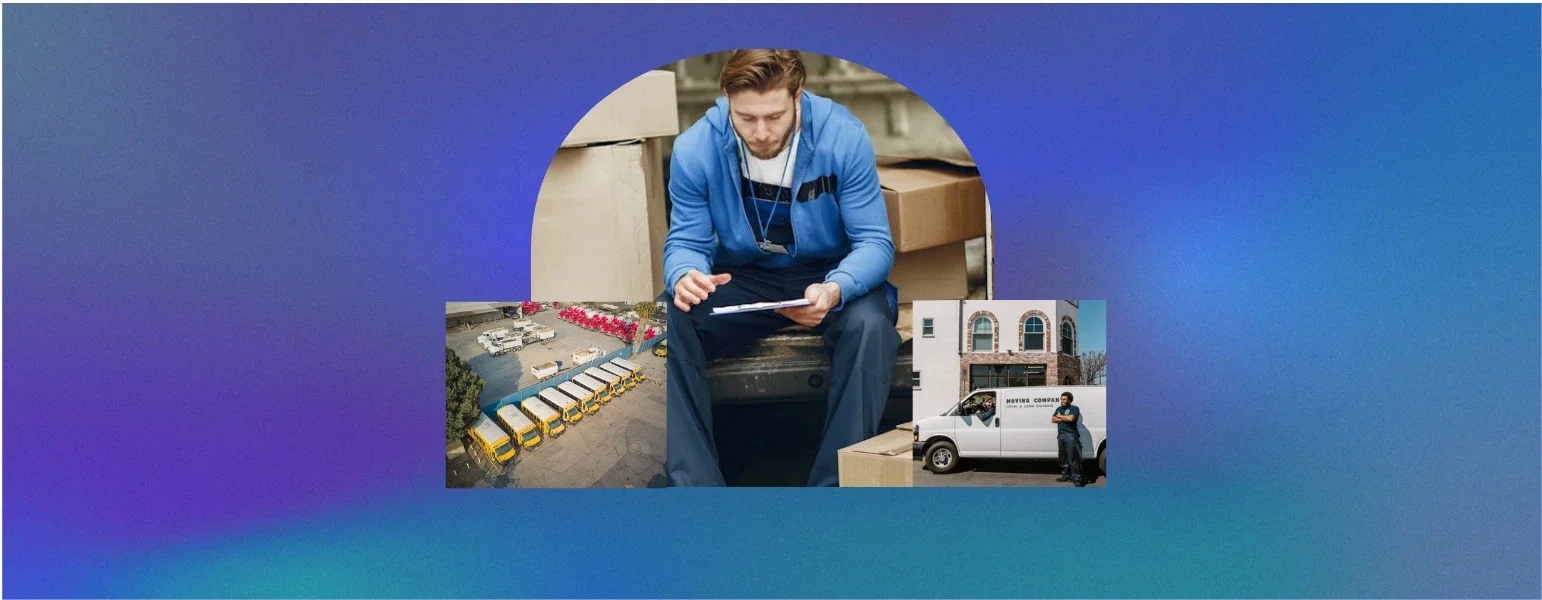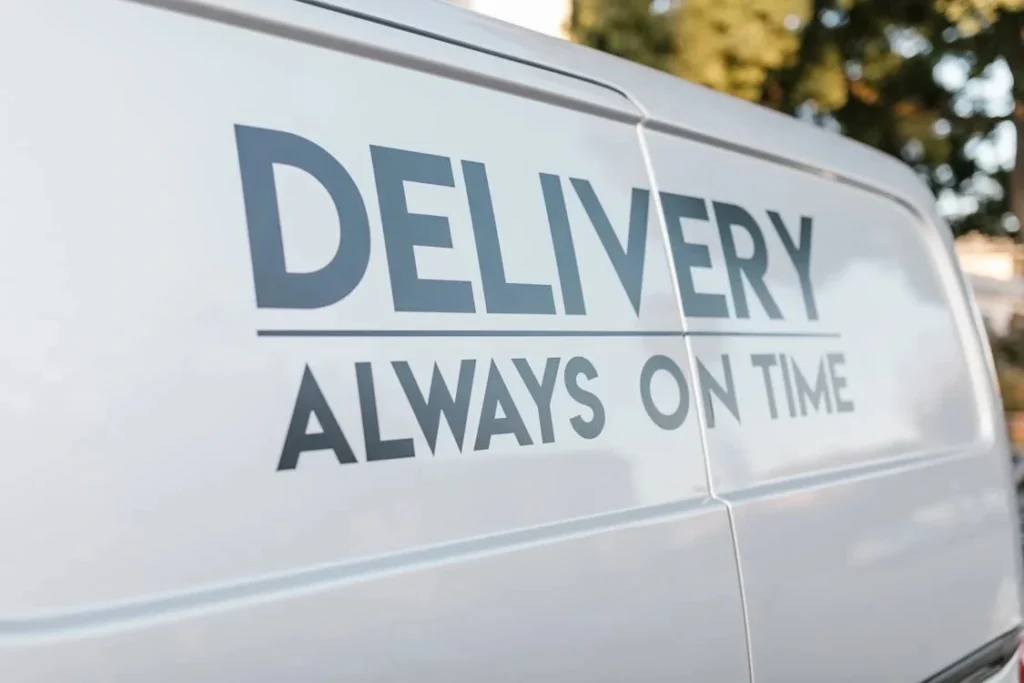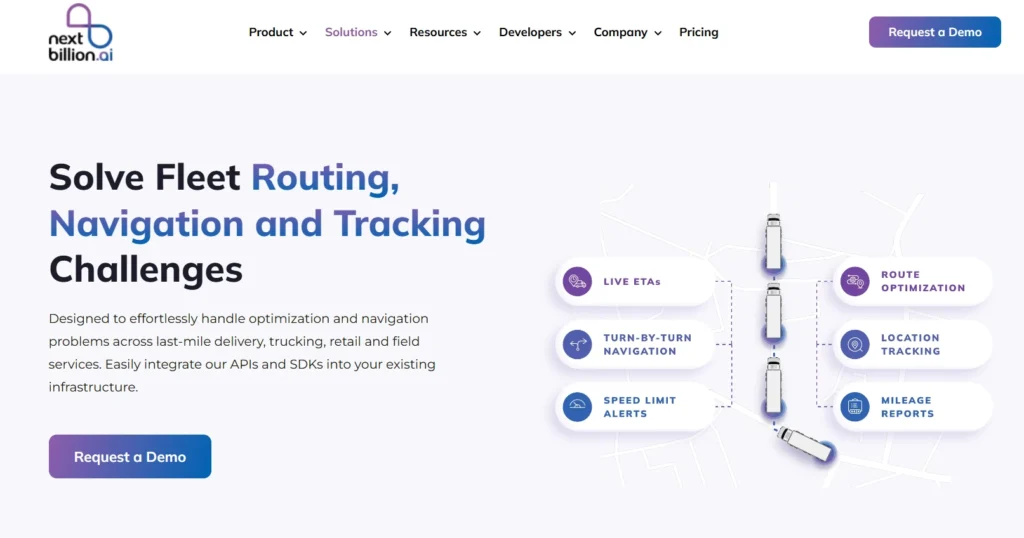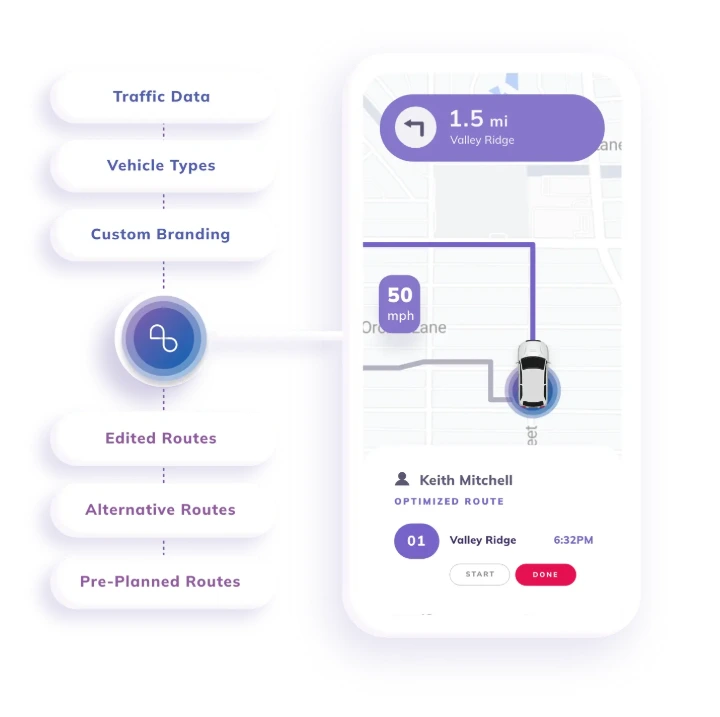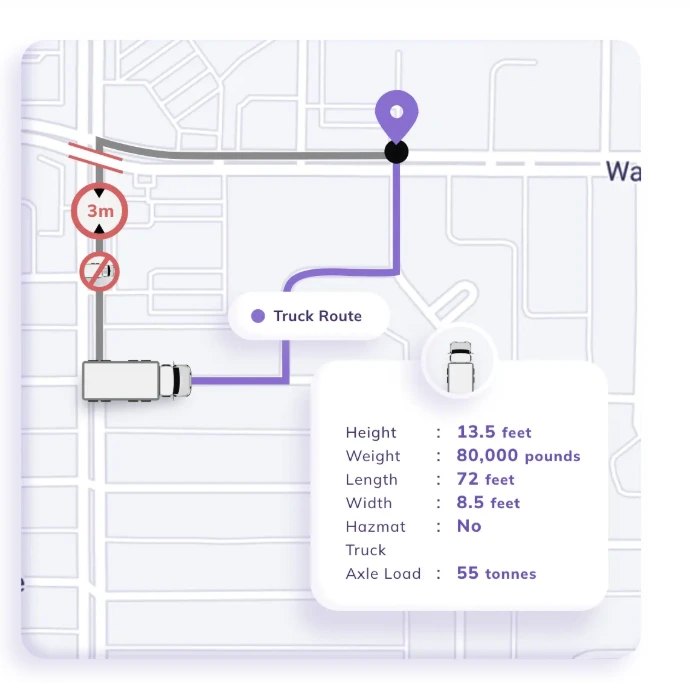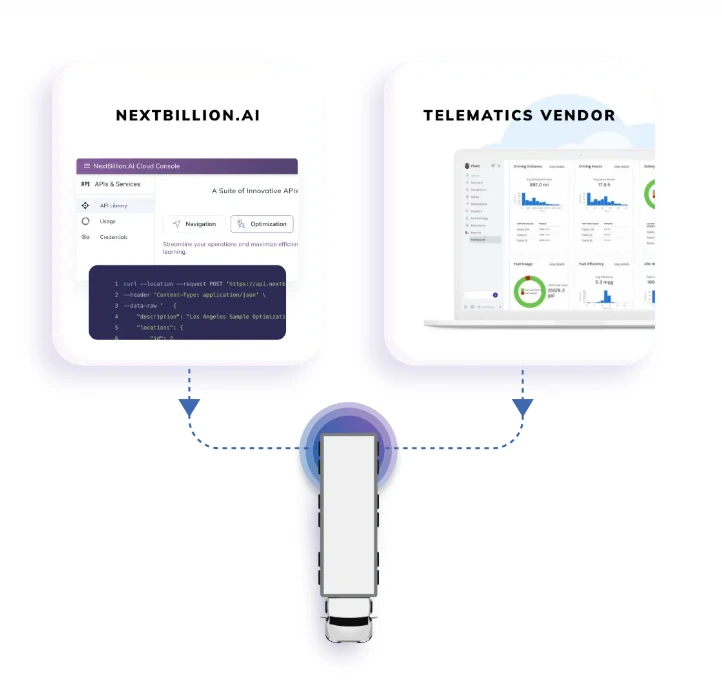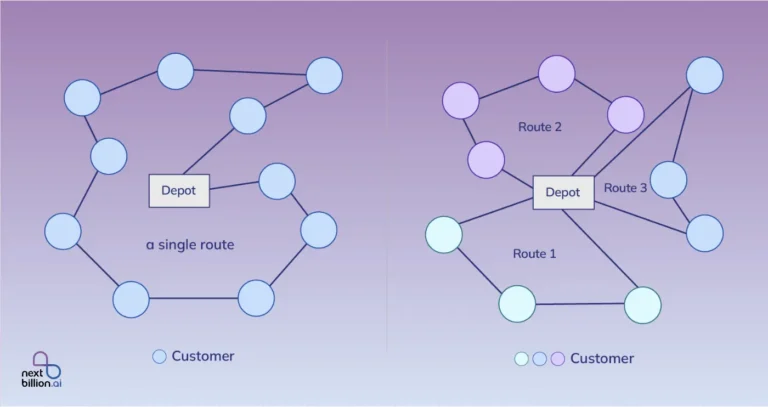
Table of Contents
Do you know who oversees every aspect of delivery and ensures that everything is delivered on schedule? Fleet managers are the experts behind such a busy task. In a world that is becoming more dynamic and fast-paced, fleet manager are essential to an organization’s success because of their ability to combine conventional knowledge with contemporary technologies.
What is a fleet manager?
Fleet managers have specialized expertise in managing logistics. They are in charge of making transportation operations as efficient as possible. This is a fulfilling career for individuals who are skilled at solving problems and can easily manage intricate logistical systems.
Fleet managers collaborate with managers from several different areas. Their primary duty is to ensure that deliveries are made on schedule, with a focus on driver safety and legal compliance.
What does a fleet manager do?
A fleet manager oversees the operations, conditions, compliance with internal and external policies, and overall performance of all commercial vehicles, drivers, and other assets.
Fleet managers make sure that drivers and vehicles are being used as efficiently and safely as possible. They are involved in administrative, financial, and human resources duties in addition to operational ones.
What key skills or core competencies does a fleet manager need?
Managing and optimizing a fleet’s operations efficiently needs a fleet manager to possess a blend of technical, operational, and interpersonal abilities. Among the essential abilities and fundamental skills are the following:
Operational Management
The capacity to effectively design routes that must be traveled during the process is a prerequisite for a fleet manager. In order to reduce expenses and maximize efficiency, he should be informed on the timetables and vehicle deployments.
A fleet manager needs to be skilled at planning and overseeing regular repairs and maintenance as well as making sure safety regulations are followed. This ability aids in the creation of a trip maintenance supervision.
In addition to being familiar with environmental laws and fleet safety requirements, a fleet manager must have knowledge of industry specific regulations.
Technical Expertise
Technical knowledge such as fleet management software and GPS tracking is essential for a fleet manager. In addition to evaluating daily, weekly, and monthly data, a manager’s job routine involves tracking performance in areas including idling, routing, asset utilization, fuel consumption, and driver safety.
He ought to be familiar with the characteristics of the car being used. knowledge of the many kinds of automobiles, their features, and their upkeep needs, including those of EVs (electric vehicles), if any. To maximize operations, he should be skilled in deciphering cost assessments, maintenance logs, and fuel efficiency data.
Financial Acumen
Fleet managers must develop fleet budgets, which calls for in-depth knowledge of the company, meticulous analysis, industry benchmarking, and current economic conditions. He must be skilled in negotiating agreements with repair services, leasing firms, and suppliers.
Vehicle Remarketing
To get the best remarketing value, it’s critical to manage the vehicle’s life and schedule replacement with the sale. Maintaining the vehicle’s cleanliness and condition while including all of the extras that came with it can help you sell it for more money.
Heading safety initiatives
Fleet managers have a strong commitment to safety. When an incident happens, firms might face crippling costs due to possible negligence and brand damage.
The fleet manager’s duties include reducing a company’s liability, enhancing community safety in the areas where they operate, and improving the lives and well-being of their drivers in collaboration with the executive team and/or this office. Fuel and maintenance expenses will decrease due to a program that actively enhances driving habits and lowers collisions.
How do you become a certified fleet manager?
The standard process for becoming a certified fleet manager consists of accumulating experience, finishing pertinent coursework or training, and earning a certification from an established trade association.
Work experience in the fleet or logistics sector is either required or advised by the majority of fleet management certification programs. Foundational skills can be acquired in roles like logistics manager, dispatcher, or fleet coordinator.
Budgeting and operational logistics, driver management, vehicle maintenance and lifecycle management, and regulatory compliance should all be a part of the experience.
How the role of a fleet manager is evolving
The skill sets of fleet managers are being pushed to new heights by changing vehicle types and technologies. The need for expertise in technology, data applications, analytics, and strategic forecasting has grown. The changing job of fleet management will necessitate the following extra skills:
- Participate in analytics and use the data to inform your decisions.
- Possess outstanding communication skills and be able to work cross-functionally with all company departments, from the C-Suite to drivers and important internal and external stakeholders.
- Make wise suggestions to reduce exposure and create chances to profit from changes in the sector.
- Recognize and manage telematics, technology, sustainability, logistics, and safety.
- Consider how fleet operations may be affected by recent laws. The sorts of vehicles being bought to meet the new fuel consumption norms may also be impacted by law that starts to include charges or penalties linked to fuel consumption or carbon footprint.
Top challenges fleet managers face and how to overcome them
Fleet managers face a wide array of challenges that can impact operational efficiency, cost management, and safety. Here are the top challenges and strategies to overcome them:
Managing High Costs
The largest problem in fleet management will always be cost control. Your capacity to compete in both present and future markets will be greatly impacted by cost management.
Continuous cost management may be necessary for some or all of the operational procedures in your fleet. It’s critical to do a complete analysis of your current operations and focus on issues such as CO2 emissions, fuel costs and possible theft, driver behavior, and overall operation expenses.
Fuel Management
Growing fuel prices are usually a major worry for fleet businesses, but this is particularly the case in the present market. There are a number of doable strategies to lower fuel expenses and consumption, even when you have no control over changing fuel prices.
Furthermore, it will be essential to detect gasoline fraud and increase efforts to eradicate fuel theft in order to lower fuel costs. When you contrast any manually processed fuel mitigation plan with the technical options that are currently available, the benefits of utilizing an advanced solution become clear.
Health and safety
Every workplace should prioritize health and safety; workers expect to be protected, which means they are required to keep others safe. When discussing fleets, this ideal is crucial. Specifically, because driving always entails a risk of potentially dangerous situations like crashes. Fleet managers are accountable for any unfavorable on-road incidents since they are solely in charge of the fleet that is in their custody. Additionally, it means that a high level of driving safety is a prerequisite for performing tasks.
The future of fleet managers
Digital transformation, sustainability, and automation are the hallmarks of fleet management’s future. Fleet managers will develop into tech-savvy executives who use big data, telematics, and artificial intelligence (AI) to streamline operations and match their plans with environmental objectives.
Success in this changing role will depend on your ability to stay flexible and improve your skills.
How NextBillion.ai’s Route Optimization Empowers Fleet Managers for Smarter Operations
Our system, which is made to easily address optimization and navigation issues in field services, trucking, retail, and last-mile deliveries, guarantees better performance and effective operations. Our technology may be readily integrated into your current infrastructure using easily integrable SDKs and APIs, allowing for faster deployment and more efficient workflows.
The structure of Nextbillion’s route optimization system allows it to manage navigation and optimization issues in last-mile deliveries, transport, retail, and field services. Our SDKs and APIs are simple to include into your current infrastructure.
Simplify Fleet Management With NextBillion.ai
Our solution offers Intelligent Truck Routing and Advanced Route Optimization, which are intended to increase delivery efficiency and simplify logistics. By employing cutting-edge algorithms, we ensure the fastest and most cost-effective routes for last-mile deliveries, haulage, and fleet operations.
Whether negotiating urban congestion or addressing time-sensitive transportation needs, our technology delivers unprecedented precision and optimization.
Businesses can adjust to changing road conditions, vehicle limitations, and delivery timetables with Intelligent Truck Routing. To improve fleet performance and save operating costs, our routing systems take into account variables including load optimization, fuel economy, and truck-specific constraints.
Use our telematics, ERP, and CRM connectors to easily connect with your current systems. Our strong APIs and SDKs make it simple to connect to customer relationship management (CRM) applications, enterprise resource planning (ERP) platforms, and fleet tracking systems. These linkages guarantee seamless operations and increased customer satisfaction by offering real-time analytics, enhanced decision-making skills, and enhanced team communication.
Businesses may improve customer satisfaction and set reasonable delivery expectations with precise Estimated Time of Arrival (ETA) forecasts. You can always deliver on time since ETAs are dynamically updated depending on real-time traffic, route modifications, and other unforeseen circumstances. Better planning and resource allocation are made possible by this feature, which also increases operational efficiency and fosters customer trust.
Conclusion
Any business that relies on transportation and logistics to function efficiently needs a fleet manager. Managing car fleets in industries including field services, trucking, logistics, and retail is the responsibility of fleet managers. They guarantee the timely, cost-effective, and efficient execution of operations, supplies, and services.
Fleet managers oversee a number of responsibilities, including route optimization, vehicle maintenance, driver safety, and fuel management. As businesses adopt new technology like telematics, route optimization software, and real-time tracking, fleet managers now have a responsibility that is as strategic as it is operational.
So, the fleet managers may find it interesting to employ Nextbillion.ai’s powerful route optimization tool to manage their tasks productively and without issues.
About Author
Divya Nair
Divya is a dedicated Technical Content Writer with experience of two years in the industry. Her expertise spans various forms of writing, including blogs and website content.

